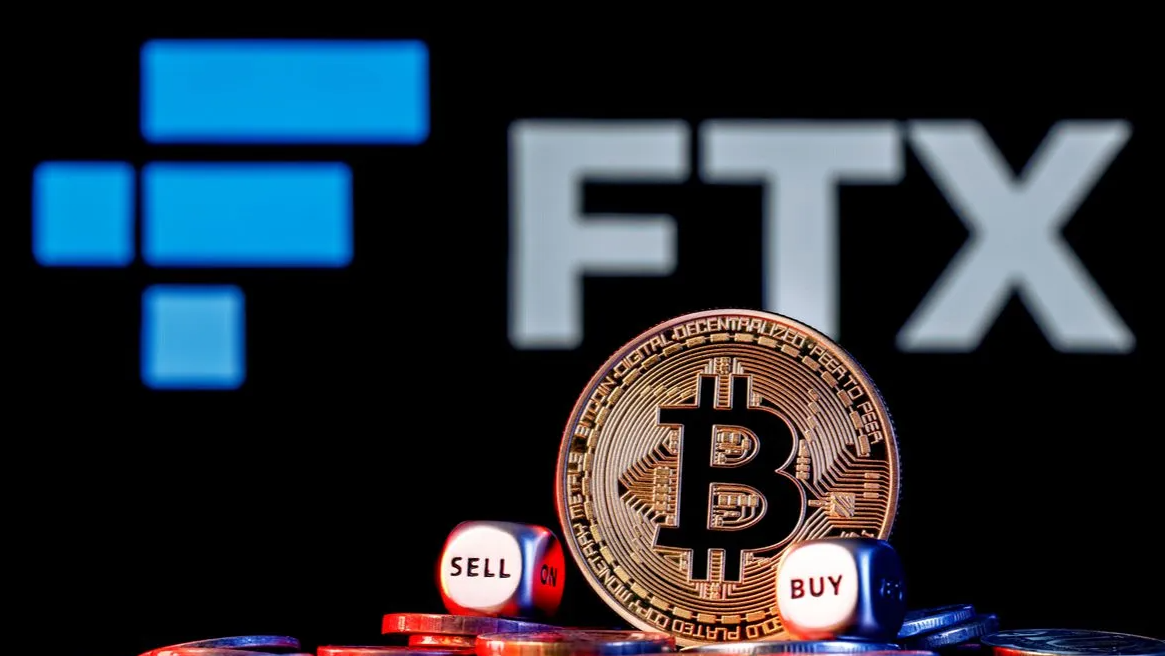
Introduction to the FTX Debacle and Its Global Implications
The landscape of digital assets, particularly Bitcoin, often captures substantial attention; however, the recent FTX case is casting a new light on significant issues regarding creditor repayment methods globally. These deliberations are especially crucial in "restricted jurisdiction markets," where the interplay between law and cryptocurrency distribution is reshaping regulations.
Examining the Legal Complexities in Restricted Jurisdictions
The FTX saga, particularly concerning claims from China, marks a landmark moment in understanding how legal frameworks intersect with cryptocurrencies. These proceedings illuminate the salient challenges of creditors from restricted jurisdictions and highlight the exploitation of digital assets in a legal gray area.
The Role of FTX in Shaping Cryptocurrency Jurisprudence
FTX, as a seminal digital asset exchange platform, is now seeking court approval for a new process affecting creditors from 49 restricted regions. This proposal could redefine the treatment of creditors within these territories, with China as a focal point, holding 82% of the claim value despite representing only 5% of total claimants.
Challenges with Cryptocurrency Restrictions
The plan targets jurisdictions where cryptocurrency trading is either prohibited or the platform operated without valid licenses. In addition to China, affected countries include Russia, Iran, North Korea, and others. The FTX Recovery Trust initiative aims at holding claims from risk-prone areas in a "contested" status unless favorable legal opinions permit distribution.
Navigating through Legal and Compliance Hurdles
The FTX strategy is to limit compliance risks by adhering to international crypto asset regulations, ensuring alignment with U.S. laws and those of involved countries. Creditors will have a 45-day window to dispute jurisdictional status, with automatic forfeiture of distribution rights if they fail to contest during this period.
Legal Challenges for Affected Creditors
Residing in restricted regions adds layers of complexity and cost to legal procedures, placing an undue burden on individual creditors. FTX mandates that each protesting creditor submit an affidavit consenting to U.S. court jurisdictions, further complicating potential claims.
Chinese Creditors and the Legal Landscape
Chinese creditors are actively leveraging international legal systems to challenge their classification among jurisdictions with restricted trading rights. They argue based on Chinese laws that permit digital asset ownership within personal domains, framing Bitcoin as a "commodity-type good."
Distribution and Recovery Mechanisms
From February 2025, FTX delineated two distribution phases: one for creditors below $50,000 exposure, followed by larger allocations exceeding $5 billion. While platforms like BitGo, Kraken, and Payoneer facilitate distribution in 93 jurisdictions, restrictive policies continue to marginalize claims from restricted territories.
The Broader Economic Impact and Regulatory Dilemmas
The restrictions enforced by legal judgments and the FTX Recovery Trust are exacerbating financial detainment for numerous creditors, many still awaiting restitution since the firm's collapse in November 2022. This scenario underscores financial exclusion risks, where crypto provided a banking alternative in regions with limited financial infrastructure access.
The Regulatory Tightrope for Emerging Markets and Investors
The FTX situation, coupled with jurisdictional challenges, accentuates the unpredictability facing Bitcoin and other digital assets, especially in emerging markets where demand and regulatory assurance remain discordant. The court's dismissal of Three Arrows Capital's claims, perceived as failed strategies rather than liquidations, further illustrates regulatory tightropes.
Complications from Law and Celebrity Involvements
The scenario is compounded by ongoing legal actions against FTX's former CEO, Sam Bankman-Fried, convicted till 2044, amid further civil suits challenging prior celebrity endorsements. Settlements vary; for instance, Shaquille O'Neal reached an agreement, whereas Tom Brady and Kevin O'Leary continue facing legal scrutiny.
The Future Outlook for Digital Asset Platforms and Investors
The intricate FTX case and the jurisdictional dilemmas cast a shadow over creditors' prospects in recouping funds. Despite $6.2 billion disbursements thus far, complex regulations remain a formidable barrier. These developments will not only shape forthcoming distributions but also redefine how digital asset platforms and Bitcoin stakeholders brace for evolving global regulations.
Advisory for High-Risk Region Market Participants
For stakeholders in high-risk geographies, staying abreast of legal updates and contemplating legal defenses becomes pivotal to protecting assets. With regulatory landscapes continuously updating, forward-thinking and strategic legal positioning could safeguard financial interests amidst global cryptocurrency volatility.
